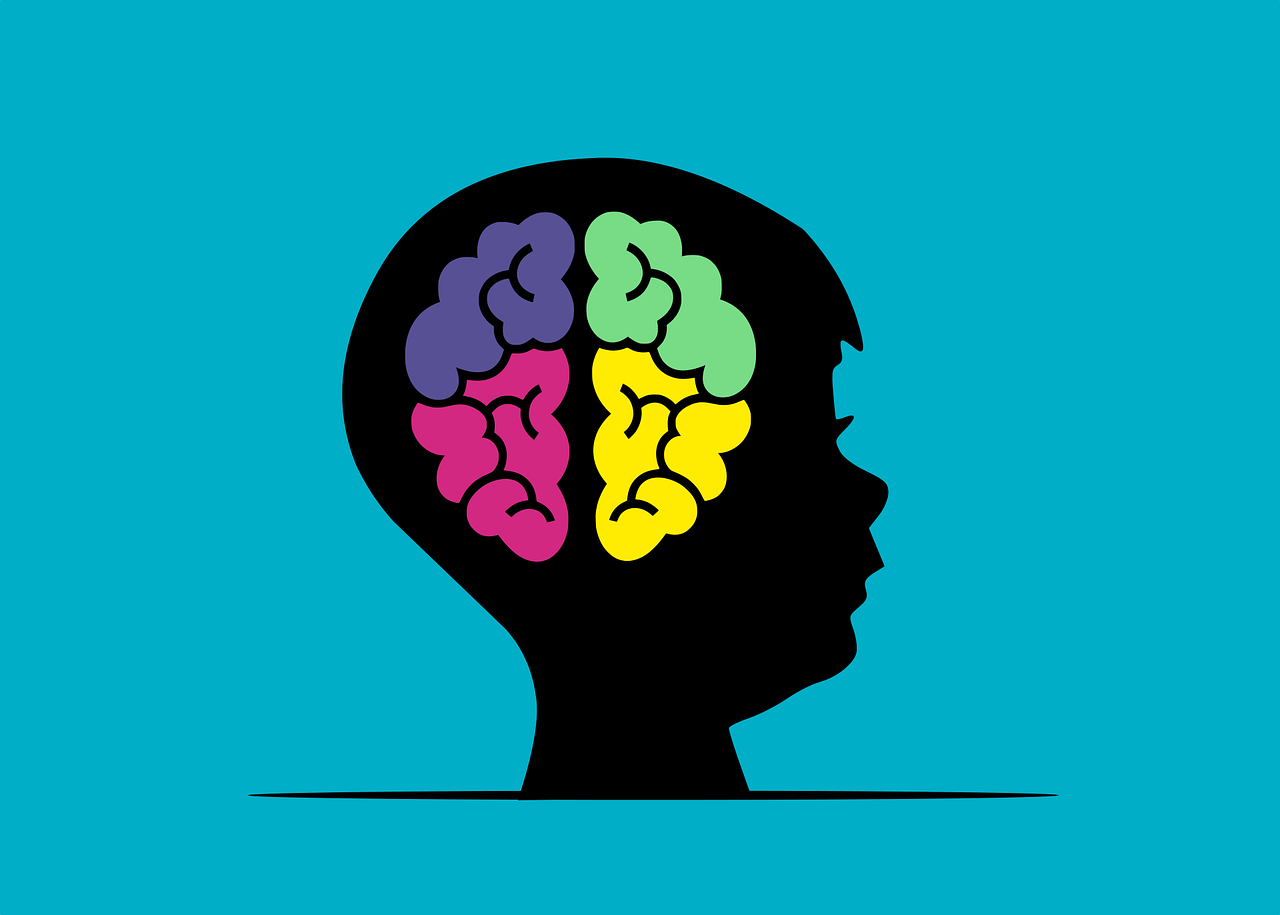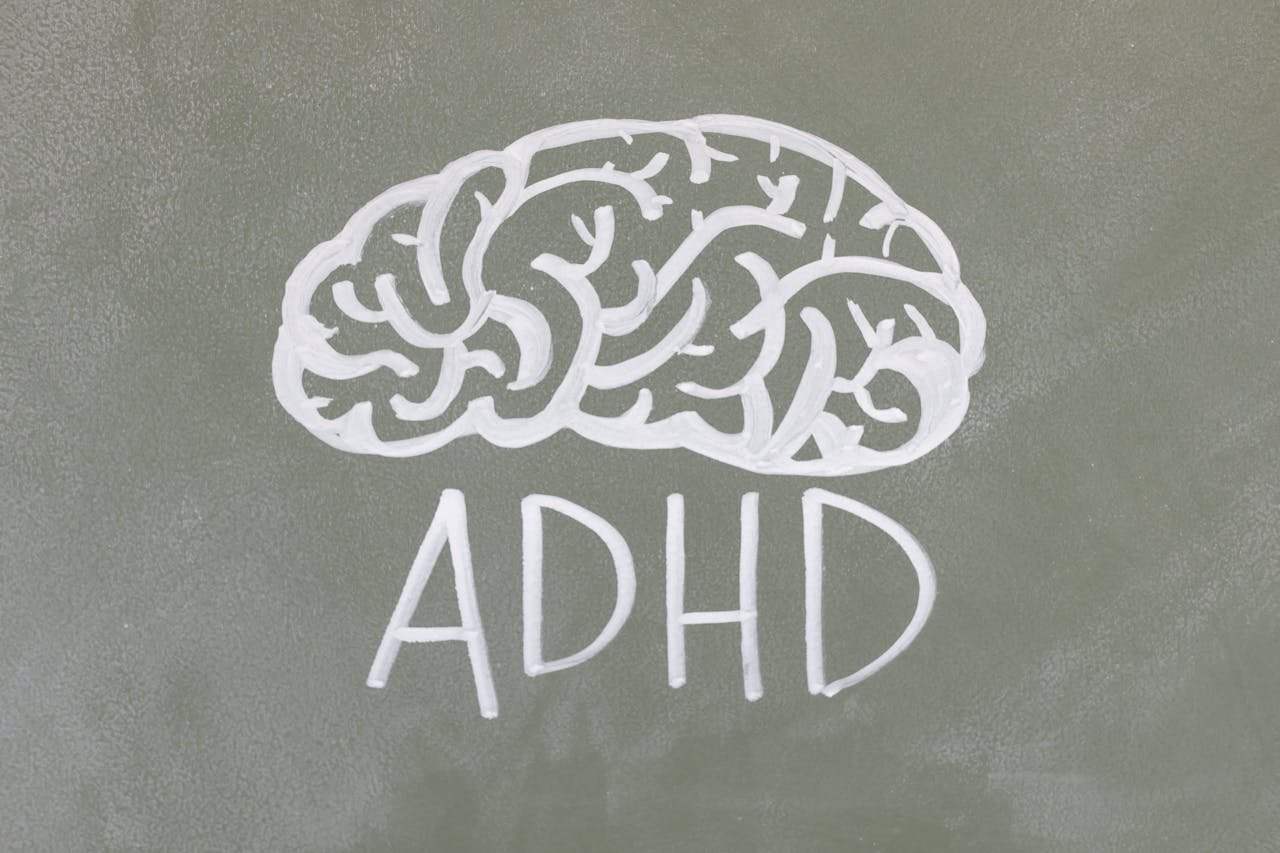Autism spectrum disorder (ASD) is a complex neurodevelopmental disorder that affects communication, behaviour and social interaction. Early intervention plays a crucial role in supporting children with autism and promoting positive outcomes. In this blog post, we’ll explore the latest research, effective interventions and practical strategies for families and professionals.
Understanding Autism
Before getting into interventions, let’s briefly understand autism:
- What is Autism?
- Autism is a developmental disorder characterised by challenges in social communication, repetitive behaviours and restricted interests.
- It affects individuals across a wide range of abilities and strengths.
The Importance of Early Intervention
Early intervention refers to targeted support provided to children with autism during their critical developmental years (typically before age 5). Here’s why it matters:
- Brain Plasticity:
- During early childhood, the brain has high plasticity, meaning it can adapt and rewire itself.
- Intervening early maximizes the brain’s potential for positive changes.
- Skill Acquisition:
- Early intervention focuses on building essential skills such as communication, social interaction, and adaptive behaviour.
- It helps children acquire foundational abilities needed for school and daily life.
- Family Support:
- Families play a central role in a child’s development.
- Early intervention equips parents and caregivers with strategies to support their child effectively.
Evidence-Based Interventions
Let’s explore evidence-based interventions for children with autism:
- Behavioral Interventions:
- Applied Behavior Analysis (ABA) is a widely used approach.
- ABA targets specific behaviours, reinforces positive actions and reduces challenging behaviours.
- It’s effective for improving social skills, communication, and adaptive behavior.
- Developmental Interventions:
- These interventions focus on overall development.
- Examples include the Early Start Denver Model (ESDM) and the Hanen Program.
- They enhance social communication and interaction.
- Naturalistic Developmental Behavioral Interventions (NDBIs):
- NDBIs combine play-based approaches with behavioral techniques.
- Pivotal Response Treatment (PRT) and Early Social Interaction (ESI) fall into this category.
- They promote language development, play skills, and social engagement.
Practical Tips for Families
- Early Signs:
- Be aware of early signs of autism, such as delayed speech, lack of eye contact and repetitive behaviours.
- Seek professional evaluation if you have concerns.
- Individualized Plans:
- Each child is unique. Create an individualised intervention plan based on their strengths and needs.
- Consistency:
- Consistency is key. Implement strategies consistently across home, school, and therapy settings.
Conclusion
Early intervention provides a critical window of opportunity for children with autism. By understanding the available options and tailoring interventions to each child, we can make a positive impact on their developmental journey.
Remember, every small step counts and with the right support, children with autism can thrive.



